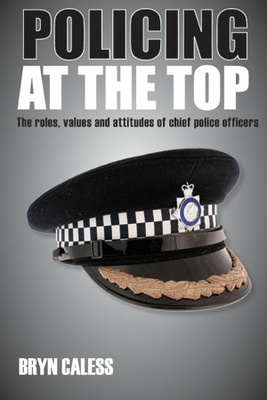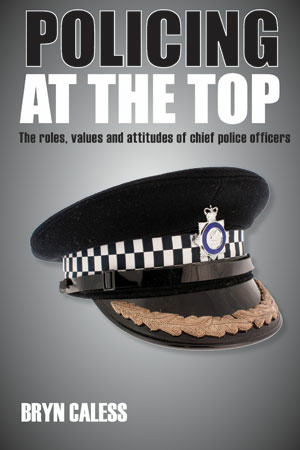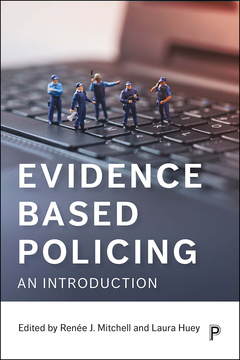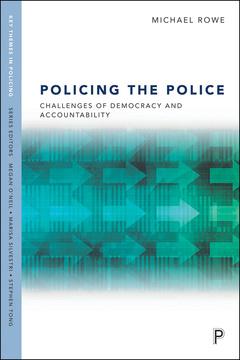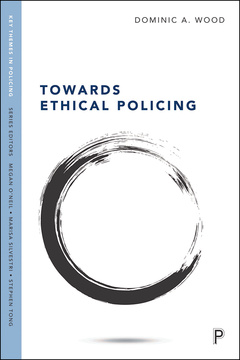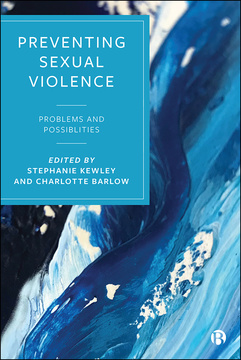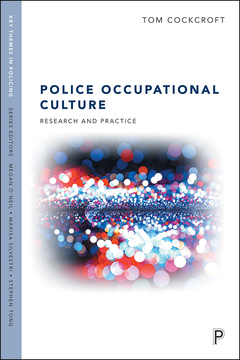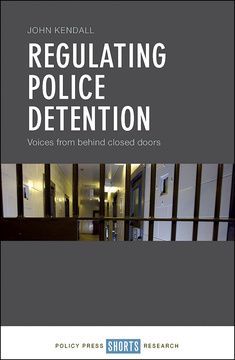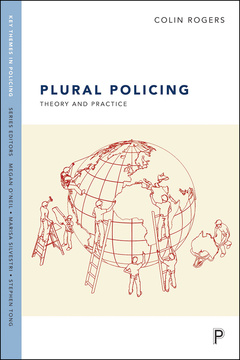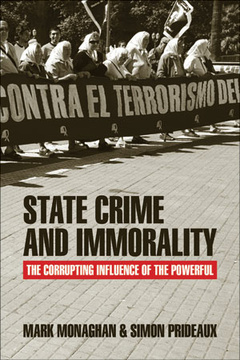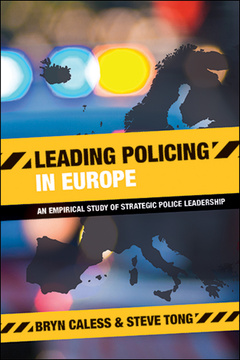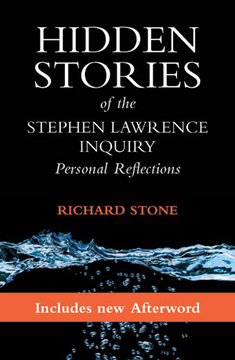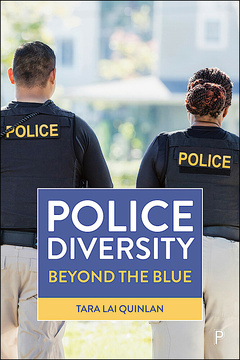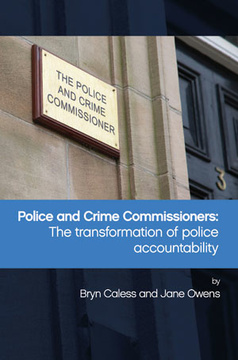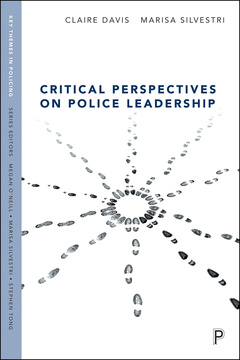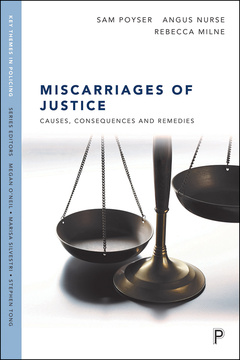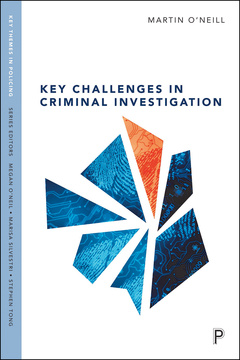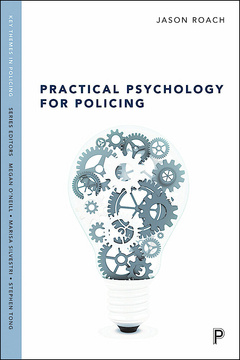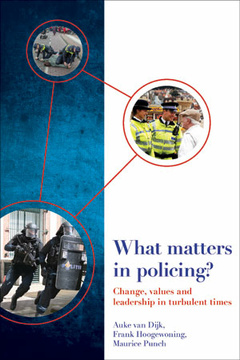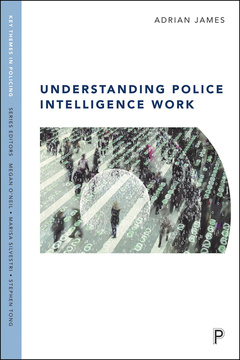Published
Sep 7, 2011Page count
288 pagesISBN
978-1447300151Dimensions
234 x 156 mmImprint
Policy PressPublished
Sep 7, 2011Page count
288 pagesISBN
978-1447300168Dimensions
234 x 156 mmImprint
Policy PressPublished
Sep 7, 2011Page count
288 pagesISBN
978-1447305781Dimensions
Imprint
Policy PressPublished
Sep 7, 2011Page count
288 pagesISBN
978-1447305798Dimensions
Imprint
Policy PressChief police officers are often shadowy enigmas, even to members of their own forces, yet they make far-reaching strategic command decisions about policing, armed responses, operations against criminals and allocation of resources. What is their background? Where do they come from? How are chief officers selected? What do they think of those who hold them to account? Where do they stand on direct entry at different levels and what do they think of a National Police Force?
Bryn Caless has had privileged access to this occupational elite and presents their frank and sometimes controversial views in this ground-breaking social study, which will fascinate serving officers, students of the police, academic commentators, journalists and social scientists, as well as concerned citizens who want to understand those who command our police forces.
Bryn Caless had both an academic and a military career together spanning some 25 years, before being appointed as director of human resources for Kent Police. He served on several strategic national committees for the police, which stimulated his interest in the role of chief officers. After 10 years' service, he now lectures on policing in the Law and Criminal Justice Studies Department of Canterbury Christ Church University.
Introduction: the notion of the 'top cop'; Cloning or culture? The selection and appointment process for chief officers; 'The golden finger': Getting and keeping the top jobs; The challenge of leadership in the police; Oversight and chief officers' relationships with police authorities, directly elected police crime commissioners, HMIC and the Home Office; On the nature of experience and exclusivity: the police 'closed shop'; The future of policing.







